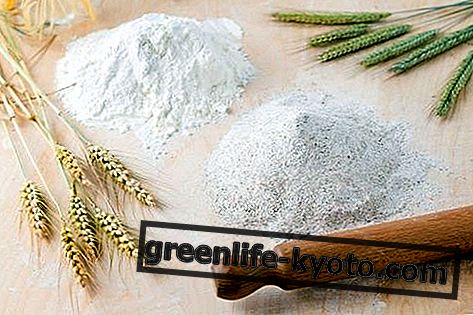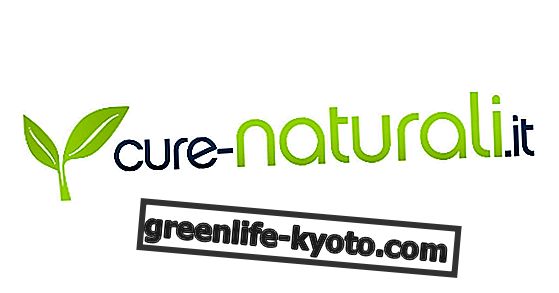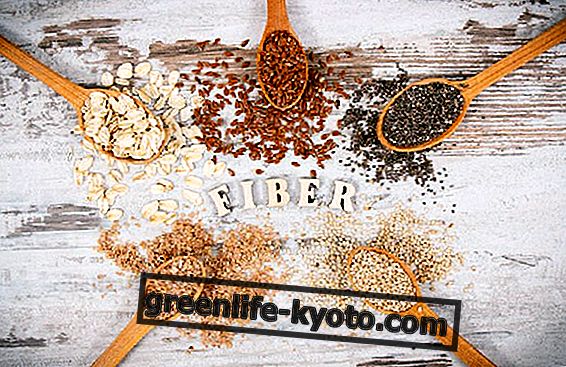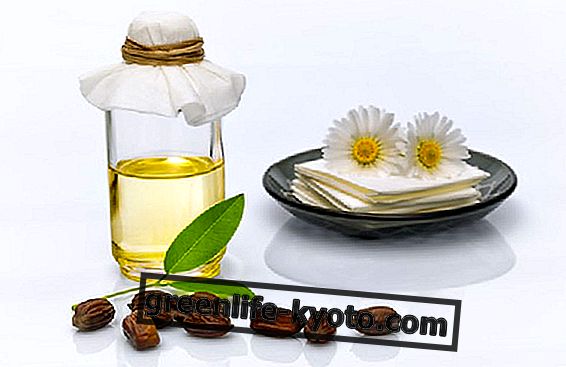Curated by Maria Rita Insolera, Naturopath
Vitamin B1 (thiamine) belongs to the category of water-soluble vitamins (that is, they are conveyed through body water). Vitamin B1 is part of an enzyme (thiamine-pyrophosphate) essential for energy production, carbohydrate metabolism and nerve cell function. Like others of group B, thiamine is present in nature and the body is able to synthesize it starting from the foods that contain it through the intestinal bacterial flora .
Wheat flour among vitamin B1 food supplements

Properties of vitamin B1 supplements
The primary role of vitamin B1 is its function in the metabolism of sugars . In addition to this fundamental activity, vitamin B1 performs the following functions:
- It makes it possible to transform excess carbohydrates into storage lipids
- It is involved (the active form is called thiamindifosfato) in the catabolism of carbohydrates and amino acids.
- Promotes development and growth.
- Thiamine also plays an important role in neurochemical phenomena and in the synthesis of DNA precursors (for this reason it is used in cancer research).
- It intervenes directly in the transmission of nerve impulses .
- It is an effective adjuvant in the treatment of heart diseases: the lack of vitamin B1 in the heart muscle can cause heart attacks.
- It is useful in treating some types of anemia .
- It appears to be part of the formation of thyroid hormones, as an increased demand for vitamin B1 always appears in cases of hyperthyroidism .
- It is useful in treating shingles.
- It is useful as an adjuvant treatment for depression, for attention and memory disorders, as in the case of Alzheimer's (it imitates the action of acetylcholine in the brain).
Vitamin B1 food supplements
Thiamine is present in many foods, animals and vegetables: whole grains in general, flour, rye and whole wheat, soy, chickpeas, white beans, wheat germ, beef liver, pork, brewer's yeast, salmon, fish eggs, ham (cooked and raw), speck and bresaola. Vitamin B1 is very delicate, the heat and acidity of the environment destroy it.
The greater the temperature or acidity of the environment, the greater the amount of vitamin destroyed. A balanced diet perfectly covers the daily requirement of thiamine, making its integration unnecessary.
With the intake of vitamin B1 it is good to avoid the use of sodium bicarbonate, which limits its absorption, unless it is used as a leavening agent for baked foods. Carbonates and citrates, substances found in many beverages and industrial foods, diminish the effect of thiamine. Thiamine is preserved in fresh frozen food.
You can learn more about foods rich in vitamin B1

Vitamin B1 herbal supplements
The best vitamin B6 herbal supplements are:
- Brewer's Yeast: is a supplementary food of fundamental importance. The large intake of B-complex vitamins and other nutrients makes brewer's yeast an indispensable multivitamin source. It can be found in flakes or in tablets.
- Wheat germ: wheat germ is an excellent source of B-group vitamins. Separated from the flour with a sieve after grinding the caryopsis, it comes in the form of small whitish flakes, which can be eaten naturally or together with other foods (yogurt, breakfast cereals, vegetables).
Vitamin B1 supplements on the market
In the market, Thiamine is available in the form of tablets (to be taken whole with a full glass of water, without chewing or crushing them, during or immediately after the main meals), with a liquid solution (dilute in at least half a glass of water and swallow during or immediately after main meals) and injectable ampoules (only by prescription).
Possibly it should be taken at the same time every day. Tablets and vials containing vitamin B1 should be stored in a cool, dry place away from direct light. Avoid taking vitamin B1 if you are allergic to B vitamins (a very rare allergy, however, possible).
Use under medical supervision in case of kidney or liver problems and during pregnancy. Intoxication is rare, in fact most of the excess vitamin B1 is eliminated with urine, provided that the kidney function is regular. Smoking and alcohol reduce its absorption.
Daily requirement
The daily requirement of thiamine depends on the physiological state of the organism, on physical activity and on factors that can interfere with the absorption of this vitamin, among which the intake of alcohol and drugs is crucial. Furthermore, as thiamine is involved in energy metabolism (of carbohydrates and lipids), its requirement is always relative to the amount of calories introduced.
Thiamine administration is contraindicated in subjects allergic to B vitamins . The daily dosage, in relation to age, is as follows:
- 0.3 mg (from birth to 6 months);
- 0.3-0.4 mg (respectively for females and males from 6 to 9 months);
- 0.4 mg (9-12 months);
- 0.6 mg (1-3 years);
- 0.7 mg (4-6 years);
- 0.8 - 0.9 mg (females and males at 7 to 12 years);
- 0.9 - 1.1 mg (females and males from 13 to 15 years);
- 0.9 - 1.2 mg (females and males from 16 to 59 years);
- 0.8 mg (over 60 years).
It is a necessary supplement in the deficiency states caused by alcoholism, cirrhosis, hyperthyroidism, infectious states, breastfeeding, absorption defects, pregnancy, prolonged diarrhea and burns.













